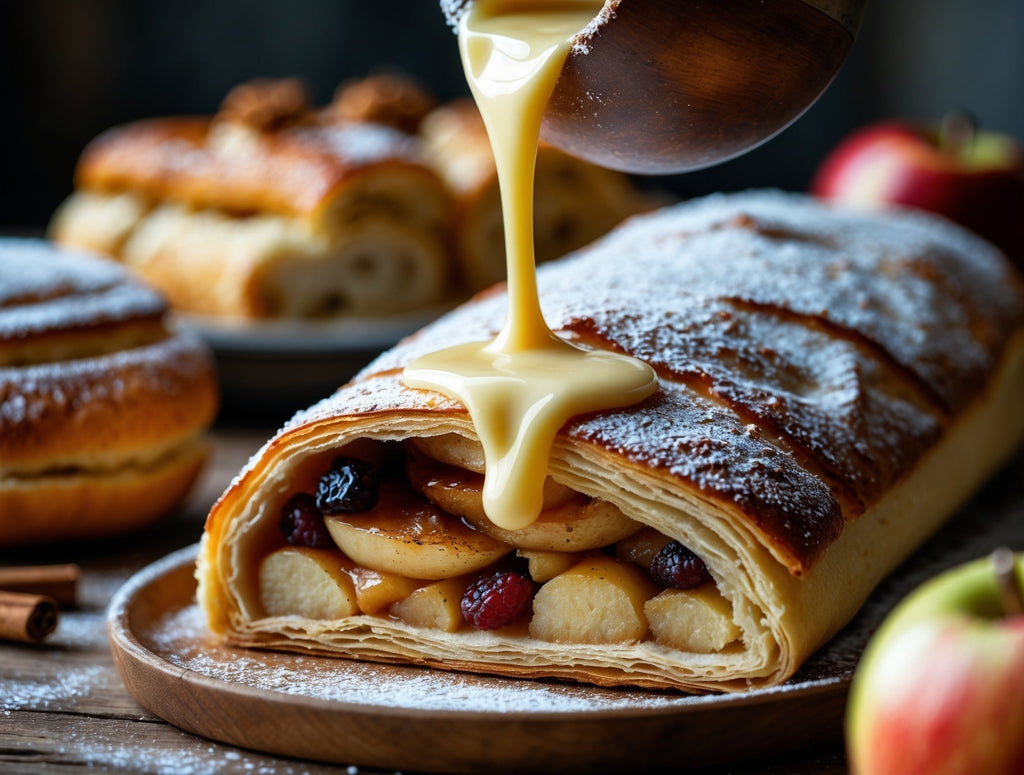Food Safety and Storage for Commercial Kitchens
- Jan 24, 2019
- 0 Comments
Proper food storage in commercial kitchens will help ensure safety as well as maintain the food quality for longer periods of time. Having the appropriate storage options will not only reduce food wastage, it will make the most of storage space, provide optimal food preservation and keep customers satisfied as well.
Storage Options
Storage is an issue in every kitchen, so having the right storage racks, shelving, and containers is ideal. When opting to designate storage for specific purposes, you will have items located in the safest environment and temperatures possible. This decreases the possibility of food contamination, reduces the handling of food and protects it from spoilage, bacteria and pests.
The storage set up in a commercial kitchen should consist of stock room shelving and heavy duty storage racks that are easy to clean and bacteria-resistant. This will enable you to take advantage of food rotation to help alleviate wastage due to expiration. In addition to shelving and racks, having an assortment of food storage containers will help with the controlling of rotation and expiration dates as well.
Food Storage
There are a variety of food storage containers available for both liquids and solids. Selecting containers that are designed for specific food types will increase the freshness of the items for longer periods of time.
Quality storage is available in airtight containers, ranging in all shapes and sizes as well as materials. There are stainless steel, polycarbonate, buckets, jars, bottles, etc.; all of which are intended for the purpose of reducing wastage, improving efficiency and reducing moisture buildup, which eliminates the formation of bacteria.
Stainless Steel Storage
Stainless steel containers offer versatility with the option of being able to store and prepare foods too. These containers are available in all sorts of shapes, sizes and thicknesses and the lids offer variety as well, depending on the usage. Stainless steel is easy to clean, resistant to bacteria and they are durable and long lasting.
Polycarbonate Storage
These transparent containers are ideal for all food types. The see-through design helps with fast food identification that is useful during those high-volume production times. Also, the airtight lids are available to avoid food contamination and maintain the quality.
Graduated Containers
Complete with easy to read measurements; the graduated containers are available in an assortment of designs. They offer an ideal way of visually monitoring supply and are also helpful in delivering portion-control servings to keep costs down and prevent waste.
Food Container Sizes
With containers that are the right size and design for a specific purpose, storage space can be used more efficiently in each designated area, regardless of how large or small the storage space is. Having access to various food storage solutions improves the workflow in a busy kitchen and provides safe food storage.
Properly Storing Food
Keeping costs low is a goal of every business, and in the restaurant business, it is even more crucial. The fact that so many food items, such as meats and fresh produce have a shorter shelf life, it makes business sense to use the right equipment to help maximize the use of food that has been purchased.
Labeling Food
Using quality storage containers and labelling food items will allow for proper organization of your inventory and provide easily visible use-by dates and item descriptions.
By implementing a labelling system protocol with staff and labelling inventory upon arrival, the rotation system will be easy to follow and you’ll reduce food wastage. Food labelling can even be useful in separating food by type to avoid cross-contamination. The potential uses are endless.
Storage Temperatures and Climate
Having food stored at the right temperatures and climate will prevent bacteria growth and moisture buildup. For example, dry ingredients such as flour, sugar, grains and spices should be stored in climates absent of moisture or extremely cold or hot temperatures. Then, there are foods that require strict temperature and humidity control for preservation, including dairy, meats and produce.
Therefore, temperatures should always be monitored across all storage areas, whether dry storage rack areas, cold rooms, freezers or refrigerators using thermometers in the various areas.
Food Safety
Storing food properly protects your investment as well as your business and reputation. A lack of safe food handling and storage could potentially cause issues such as food poisoning, an issue that could be detrimental to business. Having a clean, organized kitchen, with all the necessary food storage and safety supplies ensures a healthy food environment in your commercial kitchen. And when your staff adheres to safety guidelines in food storage and preparation, it ensures an ideal work environment and keeps customers happy. Food safety is simply good for business.
Bulk & wholesale discounts apply to aged care, medical and hospitality groups.
For online product catalogue and storage requirements visit us here.
Visit us online or call us on 02 4228 0100.











